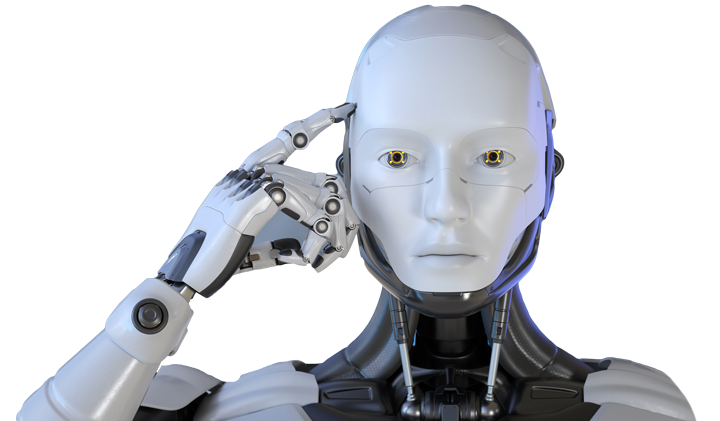AI Writing: A Threat to Human Creativity? The Ethical Debate
Introduction
The rise of artificial intelligence (AI) has revolutionized various industries, and the field of writing is no exception. AI writing tools, such as BARD and ChatGPT4, have emerged as powerful tools for generating content at scale. These tools can produce high-quality written text, including articles, blog posts, social media content, and even creative fiction.
However, the increasing use of AI writing has sparked a debate about its potential impact on human creativity. Some argue that AI writing tools threaten to replace human writers, leading to a decline in creativity and originality. Others believe that AI writing can be a valuable tool for augmenting human creativity, providing writers with new ideas and perspectives.
Ethical Concerns Surrounding AI Writing
The ethical implications of AI writing are complex and multifaceted. One major concern is the potential for AI writing tools to amplify bias and discrimination. If AI models are trained on data that reflects existing biases, they may perpetuate those biases in the content they generate.
Another concern is the potential for AI writing tools to be used to produce misinformation and disinformation. AI models can be easily manipulated to create fake news articles, social media posts, and other forms of deceptive content.
Moreover, the use of AI writing tools raises questions about intellectual property and ownership. Who owns the copyright to AI-generated content? How can we ensure that AI writing tools are used fairly and responsibly?
The Role of Human Oversight in Content Creation
Despite these concerns, AI writing tools can be a powerful asset for businesses, educators, and individuals. When used responsibly, AI writing can help to streamline content creation, improve efficiency, and reach a wider audience.
However, it is essential to recognize that AI writing tools are still under development. They are not perfect, and they can sometimes produce inaccurate or unoriginal content. For this reason, it is important to have human oversight in the content creation process.
Human writers play a crucial role in ensuring that AI-generated content is accurate, creative, and ethical. They can provide feedback to AI models, identify potential biases, and ensure that the content meets the specific needs of the audience.
How to use AI Writing Responsibly
Here are some tips for using AI writing responsibly:
Be aware of the potential for bias and discrimination. Use AI models that are trained on diverse and unbiased data.
Use AI writing tools for augmenting human creativity, not replacing it. Use AI to generate ideas and drafts, but always have a human writer review the content before it is published.
Be clear about who owns the copyright to AI-generated content. Set clear agreements with your team or with clients about who has the right to use and distribute AI-generated content.
The course “AI-Powered Content Creation: Easily Automate High-Quality Articles and Video Scripts with Google Bard” provides a comprehensive introduction to using AI writing tools such as BARD. The course covers a wide range of topics, including:
The basics of AI writing
How to choose the right AI writing tool for your needs
How to use AI writing tools to create high-quality content
How to avoid bias and misinformation in AI-generated content
The course is an excellent resource for individuals and businesses looking to learn more about AI writing and how to use it effectively.
Additional Resources
Microsoft AI Blog: https://blogs.microsoft.com/ai/page/2/
Towards Data Science: https://towardsdatascience.com/
Dataquest: https://www.dataquest.io/
Kaggle: https://www.kaggle.com/datasets
Hugging Face: https://huggingface.co/
NLTK: https://www.nltk.org/
Conclusion
AI writing is a powerful tool that has the potential to revolutionize the way we create content. However, it is important to use AI responsibly and ethically. By following the principles outlined in this article, we can harness the power of AI to enhance human creativity and productivity.
Remember, AI is a tool, not a replacement for human creativity. The future of writing lies in a harmonious collaboration between AI and human ingenuity.


 [/wlm_stripe_btn]
[/wlm_stripe_btn]